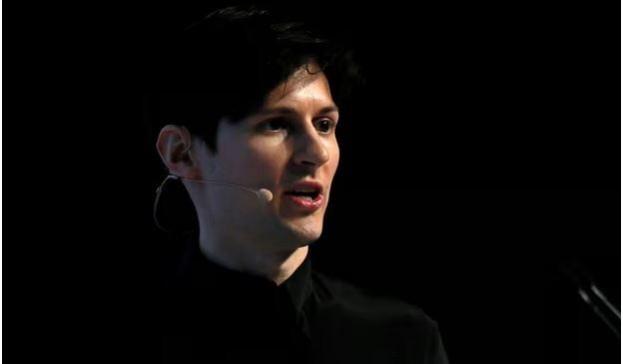
Pavel Durov, the Russian-born founder of the popular encrypted messaging app Telegram, has been arrested in France. Durov, who also created the social media platform VKontakte, was apprehended at Le Bourget Airport outside Paris, immediately after he disembarked from his private jet. The arrest took place on August 25, 2024, and has since been the subject of intense global scrutiny.
Durov, a billionaire entrepreneur who currently resides in Dubai and holds dual citizenship of France and the United Arab Emirates, faces several charges related to his platform, Telegram. The charges include the alleged spread of criminal activity, such as fraud, drug trafficking, cyberbullying, organized crime, and promotion of terrorism. These allegations were part of a preliminary investigation by France's OFMIN, an agency tasked with preventing violence against minors.
The arrest of Durov is a significant event, given his prominence in the tech industry and his staunch stance on privacy. He left Russia in 2014 after refusing to comply with government demands to censor content on his platforms. His refusal to bow to pressure has earned him a reputation as a champion of free speech and privacy rights. However, this stance has also led to controversy, with critics arguing that Telegram's privacy features can be exploited for illicit activities.
Telegram, with about 900 million active users, is known for its focus on privacy and security. It offers end-to-end encrypted secret chats, self-destructing messages, and large file-sharing capabilities. These features have made it popular among users who value privacy. However, they have also led to criticism, with some arguing that the platform can be used to facilitate criminal activities.

Durov's arrest has raised questions about the future of Telegram and its commitment to privacy. As of the time of the initial reports, the company had not issued an official statement regarding Durov's arrest. This has led to speculation and uncertainty among users and observers alike.
The arrest of Durov is not an isolated incident. Governments around the world have increasingly been cracking down on tech companies and their executives, particularly those that prioritize user privacy and refuse to comply with government demands for data access. This trend has raised concerns about the future of privacy and free speech in the digital age.
For instance, in a similar case, Julian Assange, the founder of WikiLeaks, was arrested and faced extradition to the United States on charges related to the publication of classified information. Like Durov, Assange had positioned himself as a defender of free speech and transparency, but his activities led to legal troubles and intense controversy.
The arrest of Durov also comes at a time of heightened tensions between Russia and the West, with the ongoing conflict in Ukraine serving as a backdrop. The use of Telegram and other encrypted messaging apps has been a contentious issue in this conflict, with both sides accusing each other of using these platforms for propaganda and coordination of illicit activities.

















